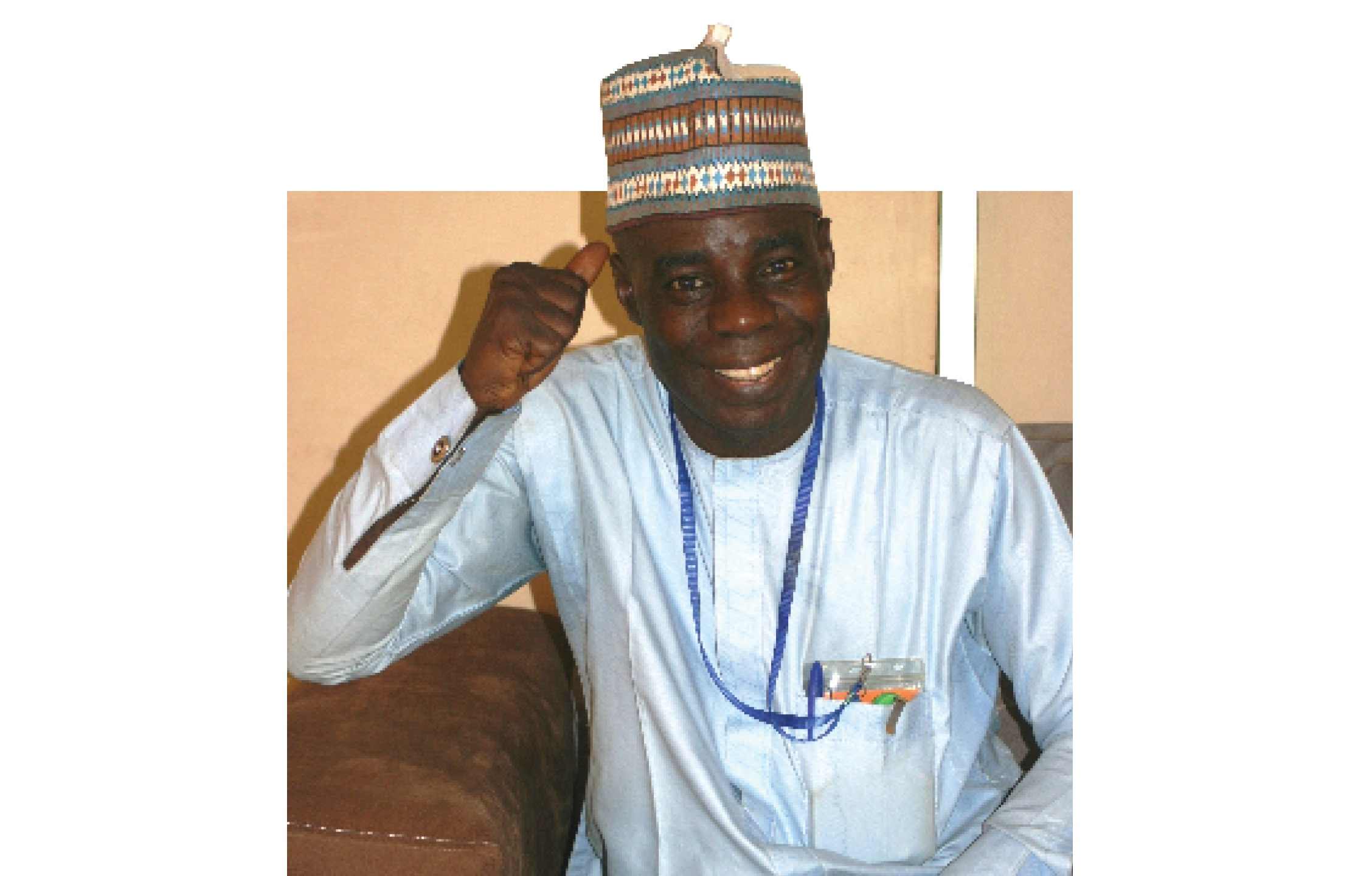Acting made me stop Koroso dance – Tsangaya
Malam Ahmed Isma’ila Basir Tsangaya is an actor popularly known as Malam Tsalha in the TV series ‘Dadin Kowa’. In this interview, the former Koroso dancer talks about his transition from a dancer to an actor, what Kannywood once was, and more. Excerpts: Weekend Magazine: What has your journey in Kannywood been like? Malam Ahmed […]

Malam Ahmed Isma’ila Basir Tsangaya is an actor popularly known as Malam Tsalha in the TV series ‘Dadin Kowa
Malam Ahmed Isma’ila Basir Tsangaya is an actor popularly known as Malam Tsalha in the TV series ‘Dadin Kowa’. In this interview, the former Koroso dancer talks about his transition from a dancer to an actor, what Kannywood once was, and more. Excerpts:
Weekend Magazine: What has your journey in Kannywood been like?
Malam Ahmed Isma’ila Basir Tsangaya: Before joining Kannywood I was mainly a stage performer, with special interest in Hausa Koroso dance. I eventually ventured into acting where I featured as a dancer. We moved from different locations to dance until when one of the industry’s pioneering directors, late Tijjani Ibrahim came with one Oga Kunle who introduced the use of a cassette player. He said “today we are going to use a cassette instead of our traditional drums. We are going to mime. From then onward Koroso dance was replaced with the so-called modern music, marking the end of Koroso dance in Hausa movies.
WM: As a dancer, how popular were you with the current stars in Kannywood?
Tsangaya: I was well known to most of the bigwigs in the industry. People like Ali Nuhu, Sani Danja, and Ibrahim Maishinku. I was popular with the stage name Danlele. Cassettes were played and we rehearsed, and during the main shooting we did the background dance, an aspect I specialized in. That was how I transcended from Koroso dance to acting.
WM: Today you no longer dance in films. How did you transcend to acting?
Tsangaya: From that dance experience I became more interested in acting and started featuring in a few films. Though I had become popular, I was only assigned roles in a few films even when I wanted to appear in more. So, I decided to come up with a unique way of dressing and started visiting locations even when I was not formally invited. I attracted attention and got the interest of some movie producers who started to assign me roles. I was always either a security officer or a medical doctor. That was how I carved a niche for myself and others started giving me similar roles.
WM: How did you get to feature in the TV series ‘Dadin Kowa’ and what was your experience like?
Tsangaya: During Malam Ibrahim Shekarau’s administration, there was crisis in the Kano film industry due to government policies. So many of us quit the and I travelled out of the state for some time. On my return one of my friends in the industry, Adam A. Adam, a ‘Dadin Kowa’ director invited me to join the crew.
My first role was as a match-maker for the king of Dadin-Kowa, to seek the hand of Hafsatu in marriage. After that role it took a little while before I was invited for another episode in which I acted as a palace guard and the king’s errand boy. That role earned me the name Munafukin ‘Dadin Kowa.’
WM: What level of education did you attain before you started acting?
Tsangaya: I had a difficult time getting basic education. But notwithstanding I had my primary and junior secondary school education at Tsangaya before I moved to Gaya for my senior secondary schooling. After two years I fell sick and was relocated to Kano Sabon Titi where I was bedridden for another two years. When I recovered, I was taken to a school at Sharada where I completed my secondary education in 1994. After then, I could not proceed to a tertiary institution for lack of sponsorship so I secured a job in a textile company at Sharada. After a year I fell sick again and when I recovered, I picked interest in Hausa films and eventually joined the industry.
I was among those saddled with the responsibility of ensuring sanity within Kannywood. I was the chief security officer at some point and we did well.
WM: What was it like being Kannywood’s chief security officer?
Tsangaya: There was a girl called Aisha who wanted to join the industry and we were summoned. While introducing herself, she told an emotional story that made some of us shed tears. She said her father died and her mother who was a Christian before being converted to Islam was about to relocate from Kano and she (the girl) was afraid that she might be forced to renounce her Islamic faith if she goes with her mother and that was why she wanted to join Kannywood.
I insisted that we investigate and verify her claims but I was unable to convince my superiors. One day a man came to look for her holding her picture. From the beginning, she denied the person until he returned with her father whom she claimed had died along with her mother.
WM: Are you happy and finally reconciled with the fading away of Koroso dance in Kannywood?
Tsangaya: We are not happy with the change because it is in conflict with our culture. An alien culture was introduced by non-Hausas who came with their money and invested in the industry. If some of our wealthy businessmen were concerned about the future of the industry and the culture the industry represents, they would have invested in it. Both government and every wealthy individual in Kano has a stake in the industry.
